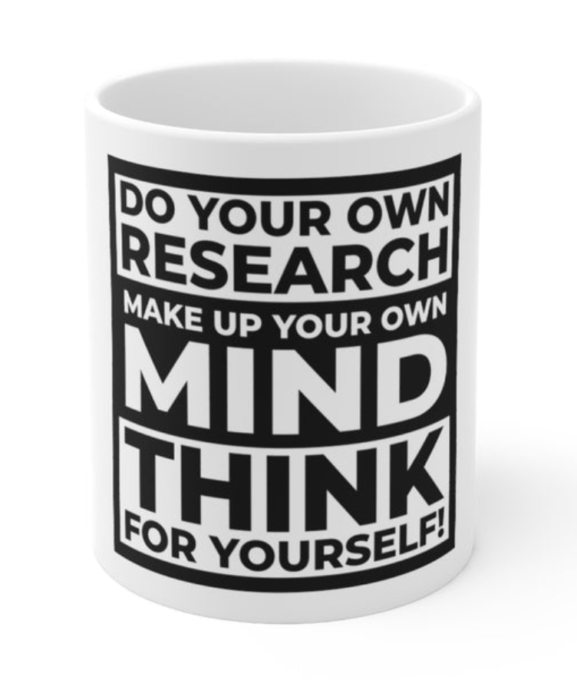As the Russia-Ukraine war drags on, Russia President Putin’s campaign has been built in part on the claim that he’s “de-Nazifying” Ukraine. It’s an allegation vehemently disputed by the other side. On our search for the facts, we learned one thing for certain: today, there are Nazis in Ukraine. For context, we head to Germany to consult an expert on extremism in Ukraine and beyond.
The following is a transcript of a report from “Full Measure with Sharyl Attkisson.” Watch the video by clicking the link at the end of the page.
Allegations of a Nazi element in Ukraine and supposed evidence of their heinous acts circulate on social media.
In Germany, I consulted an expert on right-wing extremism and a critic of anti-Jewish sentiment, Professor Hajo Funke.
Sharyl: Does extremism bloom when there is economic distress and a lot of chaos?
Hajo Funke: Yes. Extremism is blooming when there are crisis, as they are now, when there is war, as it is now.
Funke says Ukraine’s Nazi history dates back before World War II to a man named Stepan Bandera, who collaborated infamously with the National Socialist German Workers’ Party— or Nazis.
Funke: Stepan Bandera was the leader of the most radical Ukrainian nationalists during the second world war. And he decided, together with Nazi leaders, to fight against Jews, to fight against Polish people.
Bandera is said to be responsible for killing scores of Jews in Ukraine. After the war, he left Ukraine for West Germany, where, documents indicate, the U.S. considered him a valuable intelligence asset against a common enemy: the Soviet Union and the spread of Communism.
After Russian agents reportedly assassinated Bandera in 1959, some in Ukraine elevated his memory to martyrdom, despite his Nazi ties.
Funke: Those who applaud to this kind of remembrance of Bandera are still widespread in the west Ukraine. You have a lot of statues reminding, remembering, this person.
In 2010, Ukraine’s then-President Viktor Yushchenko awarded Bandera the title “Hero of Ukraine” — a decision condemned by Russia, Jewish groups, and Europe, and later overturned in court.
A more recent high-level Bandera admirer: Ukraine’s ambassador to Germany, Andriy Melnyk — removed from his post last July in a scandal after he defended Bandera’s memory.
Sharyl: So interestingly, it was Putin who said there were Nazis still in Ukraine. Was he right, though, that there are some Nazis in Ukraine?
Funke: Yes. But he wasn’t right because he generalized it, and that was totally wrong.
Sharyl: Can you be more specific — like, he made it sound like a bigger issue than it is?
Funke: Yes, of course. It’s totally wrong to say the Ukrainian society and the polity of the Ukraine is Nazistic. That’s full-scale wrong. That doesn’t mean that there aren’t nationalists even as extreme as Putin himself is, also in the Ukraine, but they’re not dominant.
Also in Berlin, I spoke with Dalia Grinfeld of the pro-Jewish Anti-Defamation League.
Sharyl: Are there Nazis or Nazi followers in Ukraine?
Dalia Grinfeld: In Ukraine, like in any other part of the world — in Russia, in Germany, or the U.S. — there are extremists and also neo-Nazis, but the important fact is that it’s a marginal small group that only got just over 2% in the 2019 elections and they don’t have any political power. They don’t have any influence. They’re not a big group.
She says today, Nazis have blended with the nationalist movement in Ukraine to fight Russia in the war, making for a complex formula.
She insists that Nazi imagery, like an apparent swastika on a bracelet worn by Ukraine’s Armed Forces Commander in Chief, symbolizes nationalism.
Sharyl: We’ve seen pictures on social media that appear to be groups of Ukrainians with a flag that would represent Nazi support, and they look like they’re all on board with that.
Grinfeld: In fact, yes, in Kiev in 2022, we saw in the marches, we saw black and red flags symbolizing the World War II forces that worked with the Germans. Why? Because it’s a symbol of independence for them. In Ukrainians’ mind, this is not a symbol of Nazism. However, for Ukrainian Jews, this is a no-go. Ukrainian Jewish communities and individuals have spoken out very loudly that this is not a symbol to use. Even the Jewish community recognized that there is Russian propaganda about Nazis in Ukraine, and the Ukrainian Jewish communities in the different cities. So for them, they align mostly with the general population of fighting for their country. And they don’t see the few extremists, the few neo-Nazis, as a threat to their democracy.
Sharyl (on-camera): A recent Foreign Policy analysis predicts an uptick this year in state-sponsored terrorism, from Russia-aligned groups to Neo-Nazis in Ukraine.
Watch story here.

Visit The Sharyl Attkisson Store today
Unique gifts for independent thinkers
Proceeds benefit independent journalism








